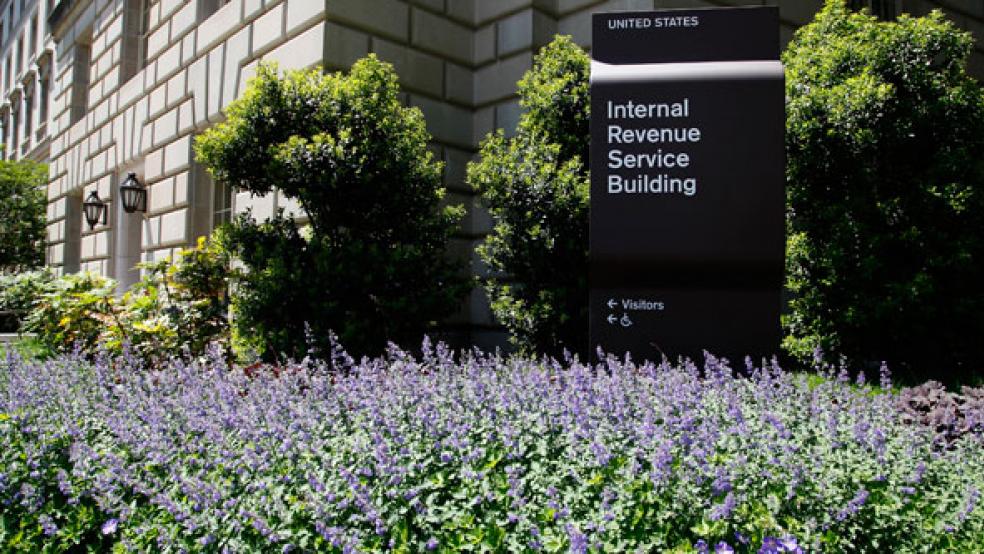Last summer, an internal audit revealed that top execs at the Internal Revenue Service were spending hundreds of thousands of tax dollars commuting to Washington from their homes across the country, instead of living in DC.
Now, a new report from the Treasury Inspector General for Tax Administration (TIGTA) shows that many of these top executives who travel extensively for work are skirting past the law and not paying income tax on their hefty travel reimbursements, as ordinary Americans are required to do.
Related: IRS Execs Spend $1 M “Commuting” to Work
Under the Long Term Taxable Travel law, employees who travel for work exceeding one year at a single location are subject to income taxation of their travel expense reimbursements, according to the auditor.
However, when TIGTA examined a sample of travel records for 31 executives, the auditors discovered that nine had incorrectly claimed tax-exempt “overnight long-term travel.” Those employees spent an average of 140.5 days on trips, with an average reimbursement of $51,420, the report said.
TIGTA also found three executives for whom the tax classification was untimely.
The report comes after last summer’s audit revealed the IRS spent $9 million on executive travel expenses alone in 2011 and 2012. The auditors focused on a small group of the tax agency’s top executives who had drummed up astronomical travel expenses commuting to work in Washington each month by plane from their homes in Dallas, Atlanta and Minneapolis. The report said the top 15 travelers combined spent more than $1 million taxpayer dollars, and each traveled for more than 200 days between fiscal 2011 and 2012.
Related: IRS Flubs It Again: Pays $4 Billion to Tax Thieves
This is a very small percentage of IRS employees—at least 60 percent of the agency’s workers live in the DC metro area. They are, however, at the top of the executive pyramid.
Still, TIGTA said that up until January 2012, the IRS had no controls in place to make sure travelers and managers properly identified and reported the travel expenses.
“Without an effective periodic assessment and management review of the executives’ travel activities, the IRS cannot ensure that its executives’ travel reimbursements are properly classified,” said J. Russell George, Treasury Inspector General for Tax Administration.
The inspector general recommended that the IRS begin documenting the protocol for reviews and sending out an annual reminder to employees of its policies with regard to taxable long-time travel.
IRS management agreed with TIGTA’s recommendations and said the agency will take appropriate corrective actions.
Top Reads from The Fiscal Times:
- 11 GOP Attorneys General Say Obamacare Fix Is Illegal
- The Hidden Impact of Obamacare and the Economy
- The Unintended Consequence of Expanding Medicaid



